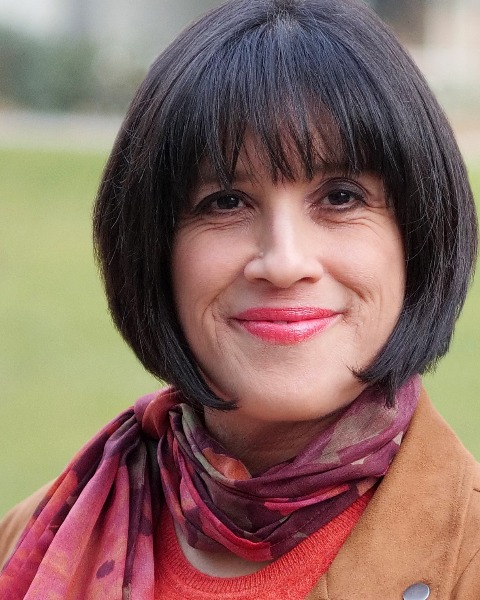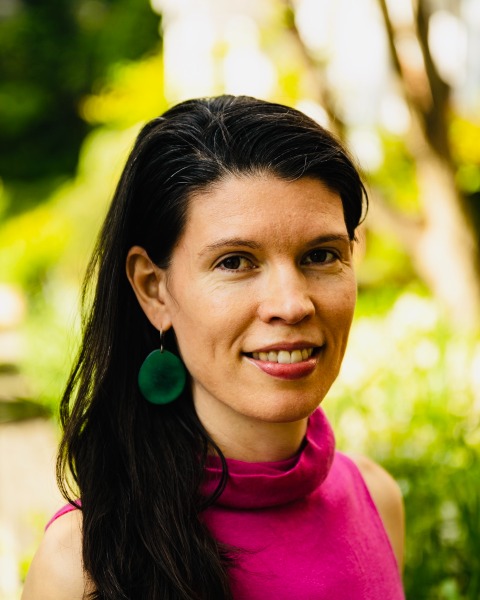Academic and Research Skills
Clinical Research Pathway
Core Curriculum for Fellows
Diversity, Equity and Inclusion
Global Neonatal & Children's Health
Health Equity/Social Determinants of Health
Health Services Research
Immigrant Health
1110 - Multilingual Research Methods: Including Families with Emerging English Proficiency (EEP) in Research
-
KY
Katherine Yun, MD MHS (she/her/hers)
Associate Professor of Pediatrics
Children's Hospital of Philadelphia
Philadelphia, Pennsylvania, United States -
XC
Ximena Cuellar, MBA
Director, Research Business & Administration
Children's Hospital of Philadelphia
Lakewood Ranch, Florida, United States -
KL
K. Casey Lion, MD, MPH (she/her/hers)
Associate Professor
Center for Child Health, Behavior and Development
University of Washington/ Seattle Children's Hospital
Bothell, Washington, United States -
KL
Karen Lee, MD MPH
Physician
NICHD
NIH
Bethesda, Maryland, United States -

Priscilla Ortiz, PhD (she/her/hers)
Language Services Program Manager
Children's Hospital of Philadelphia
Philadelphia, Pennsylvania, United States -
LD
Lisa DeCamp, MD, MSPH (she/her/hers)
Associate Professor
General Pediatrics
Children's Hospital Colorado
Aurora, Colorado, United States -

Beth Dawson-Hahn, MD, MPH (she/her/hers)
Assistant Professor of Pediatrics
Pediatrics
University of Washington
Seattle, Washington, United States -

Tania Caballero, MD, MHS (she/her/hers)
Assistant Professor of Pediatrics
General Pediatrics and Adolescent Medicine
Johns Hopkins University School of Medicine
Baltimore, Maryland, United States
Leader(s)
Co-Leader(s)
Addressing a paucity of training in multilingual research methods, we propose a unique workshop to provide child health researchers with pragmatic skills to engage children and families with Emerging English Proficiency (EEP) in research. In the US, there are approximately 7.8 million children and adolescents with no English-proficient parents and approximately 2.4 million children who are themselves EEP. Asian and Latino children are over-represented in EEP populations and under-represented in pediatric research. For example, one review of pediatric clinical trials found that less than 10% included EEP participants, and another evaluation of clinical trials found that those registered in ZIP codes with a high proportion of Asian residents were least likely to include EEP participants. By offering training in multilingual research methods, we hope to help transform the practice of pediatric research by making inclusion of EEP children and families the norm rather than the exception.
The workshop will begin with foundational concepts about language and multilingual research, as well as the ethical, scientific, and practical implications of inclusion of EEP children and families. Subsequently, we will break into small groups for facilitated, hands-on activities to teach practical approaches to multilingual research, including selecting and applying a translation strategy; selecting study instruments; timelines; and budgeting. We will then reconvene as a larger group for an interactive discussion. Dialogue will create space for attendees to network while exploring and collectively problem-solving challenges in multilingual research.
